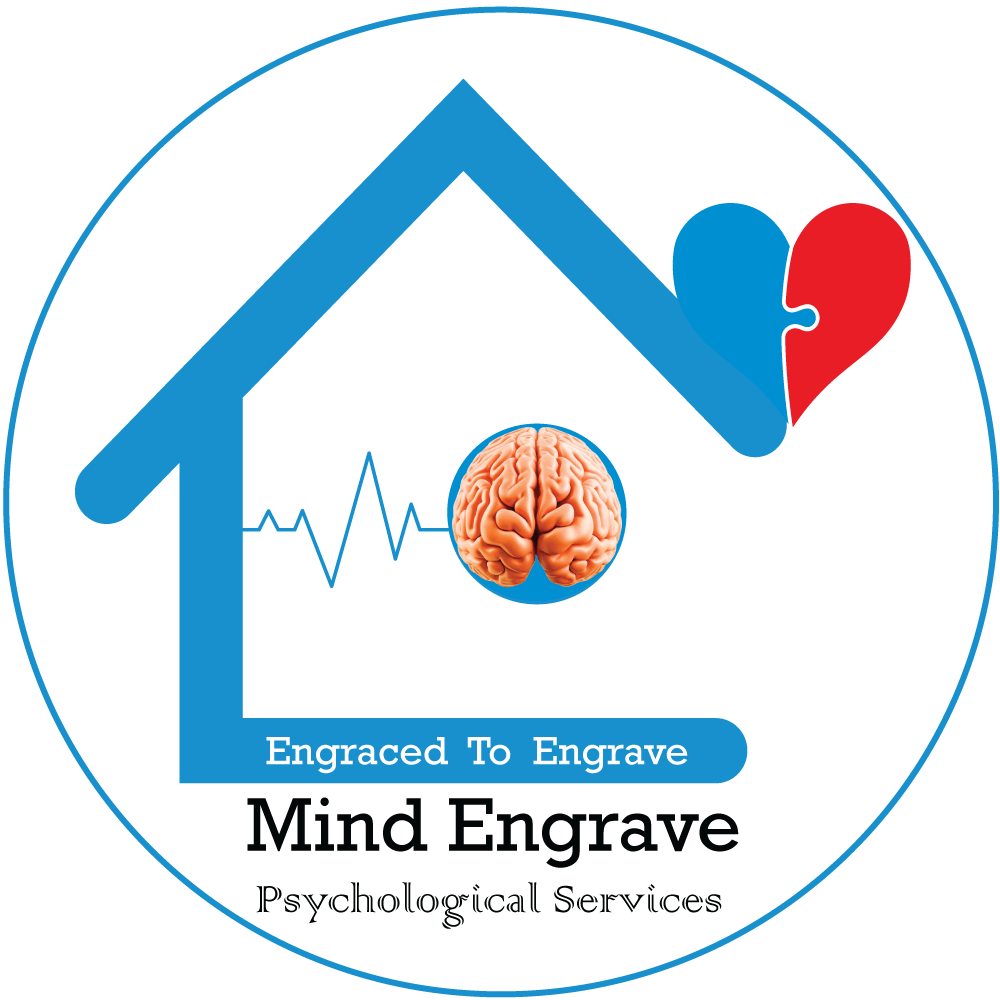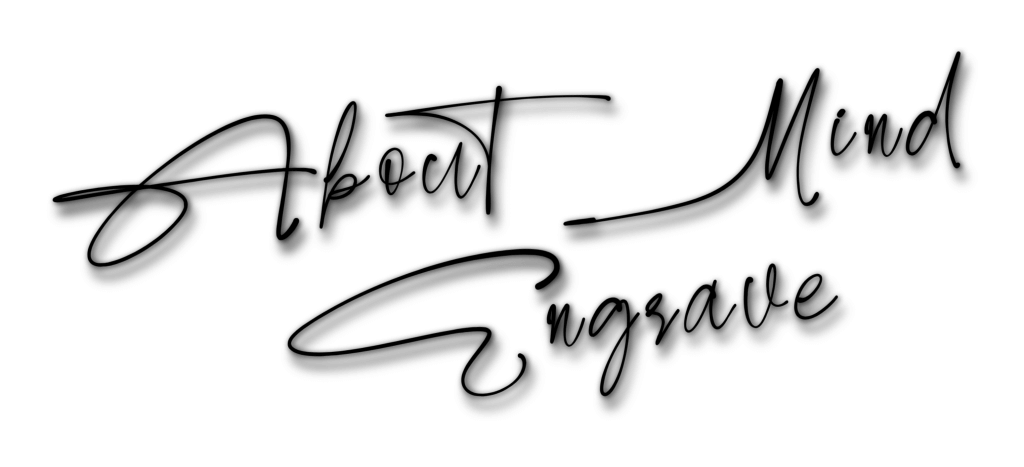Preventing Being Eaten Alive by The Corrosive Power of Anger
Anger is an acid that can do more harm to the vessel in which it is stored than to anything on which it is poured.
– Mark Twain
Mark Twain’s quote, “Anger is an acid that can do more harm to the vessel in which it is stored than to anything on which it is poured,” encapsulates the destructive power of anger. It’s a succinct reminder that harboring anger is detrimental not only to others but primarily to oneself.
Anger is a universal emotion, a natural response to perceived threats or injustices. However, how we manage and express this emotion has a profound impact on our well-being and relationships. Twain’s metaphor of anger as an acid vividly portrays its corrosive nature. Let’s delve deeper into this insightful quote.
Firstly, the analogy of anger as an acid highlights its internal harm. When we hold onto anger, whether it’s a grudge against someone who wronged us or frustration about a situation we can’t control, it begins to eat away at our emotional and physical health. Prolonged anger can lead to stress, high blood pressure, and even heart disease. Psychologically, it fosters negativity, making us more prone to depression and anxiety. In essence, by bottling up anger, we’re essentially poisoning ourselves.
Furthermore, anger impairs our judgment and decision-making. When consumed by anger, our thoughts become clouded, and our actions impulsive. We’re more likely to make choices we’ll later regret, whether it’s saying hurtful things in the heat of the moment or making rash decisions without considering the consequences. This can damage our relationships, careers, and overall life satisfaction.
The quote also emphasizes that anger often hurts the “vessel in which it is stored” more than “anything on which it is poured.” In other words, the person who holds onto anger suffers the most. This sentiment aligns with scientific research on the adverse effects of anger. Studies have shown that unresolved anger can lead to chronic stress, which, in turn, weakens the immune system and increases the risk of various illnesses.
Moreover, holding onto anger can poison relationships. When we project our anger onto others, whether it’s through verbal aggression or passive-aggressive behavior, we erode trust and create emotional distance. People may become reluctant to engage with us out of fear of our anger, damaging our connections and support systems.
However, it’s important to note that Twain’s quote isn’t suggesting that we should suppress anger altogether. Anger is a legitimate emotion that can alert us to situations that need addressing. Instead, it underscores the importance of managing anger constructively.
So, how can we heed Twain’s warning and prevent anger from becoming a corrosive force in our lives? One approach is practicing emotional intelligence. This involves recognizing and understanding our emotions, including anger, and learning healthy ways to express and manage them. Techniques like deep breathing, mindfulness, or seeking professional help can be invaluable tools for handling anger constructively.
In addition, communication plays a pivotal role in managing anger. Expressing our feelings calmly and assertively, rather than aggressively, can help us address the issues that trigger anger while maintaining our relationships. It’s also essential to be willing to forgive. Forgiveness doesn’t mean condoning harmful actions, but it does mean freeing ourselves from the burden of anger and resentment.
In conclusion, Mark Twain’s quote serves as a stark reminder of the destructive potential of anger when left unaddressed. Anger can corrode our mental and physical health, damage our relationships, and hinder our decision-making abilities. Recognizing the harm it inflicts on the vessel in which it’s stored, ourselves, is the first step toward managing anger constructively. Through emotional intelligence, effective communication, and forgiveness, we can neutralize anger’s corrosive power and lead healthier, more fulfilling lives.

Odusanya Adedeji
Odusanya Adedeji A., is a Licensed & Certified Clinical Psychologist whose domain of expertise cuts across management of specific mental health issues such as, Depression, PTSD, Anxiety & Anxiety related disorders, substance use disorder, etc




